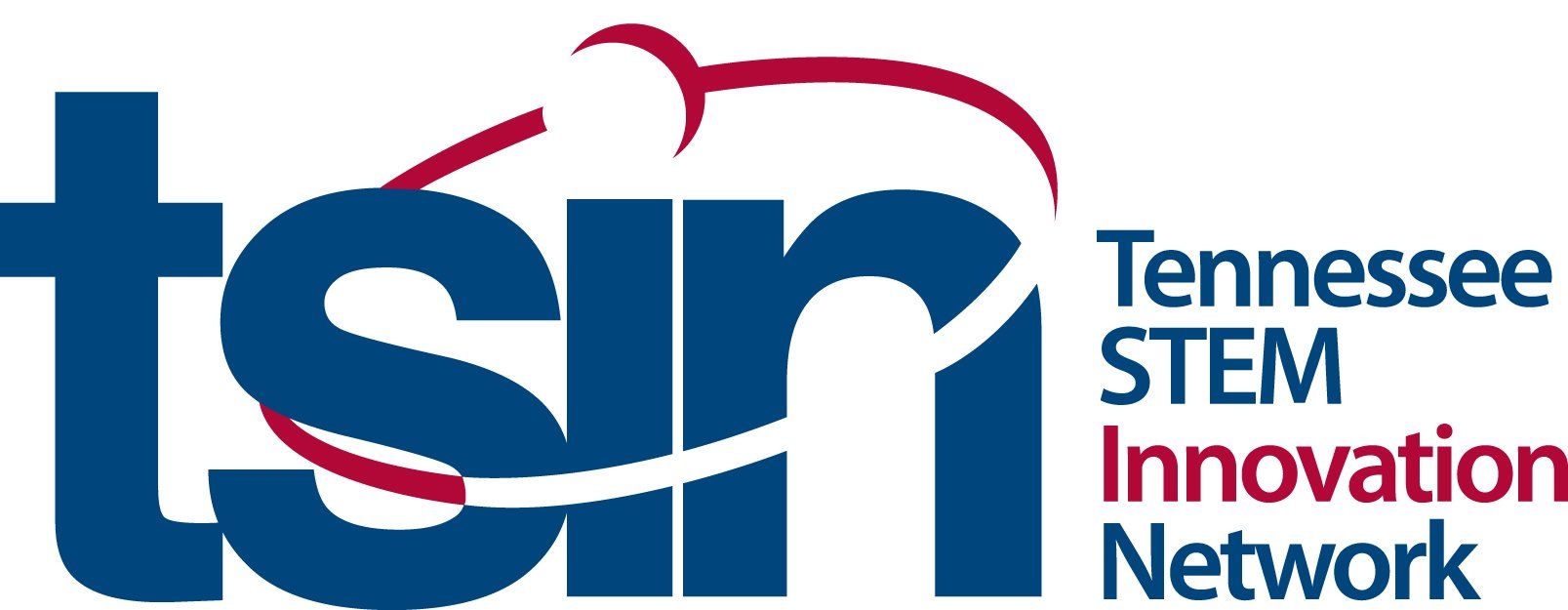The content provided is developed by Tennessee educators in partnership with the Tennessee Department of Education and the Network. These resources provide a critical need to ensure all students have access to high-quality learning opportunities while learning at home.
#LearningInPlace
Spring STE(A)M Resource Series

Exploring Architecture!
Architecture is everywhere! This week, you’ll explore how a building goes from an idea to a physical structure. "When kids learn about architecture, BIG ideas are built. We can teach kids about the built environment in so many interesting ways. Kids become engaged and passionate about it through stories, projects and learning to really SEE their surroundings." -ArchKIDTecture

Exploring the Science of Sound!
Careers in audio and sound production allow students to apply STE(A)M skills while using their creativity and artistic expression. This week, we will explore the science of sound and engage students in career pathways in this exciting field. From music to podcasts to movies, audio and sound production offers learners the chance to make an immersive experience for the listener.

Exploring Esports!
Esports has become one of the most popular forms of entertainment in the world, rivaling traditional sporting events like the NFL Super Bowl to the MLB World Series. Esports is proving to be a valuable gateway into technology-related STE(A)M skills: programming, robotics, graphic design, and web design.
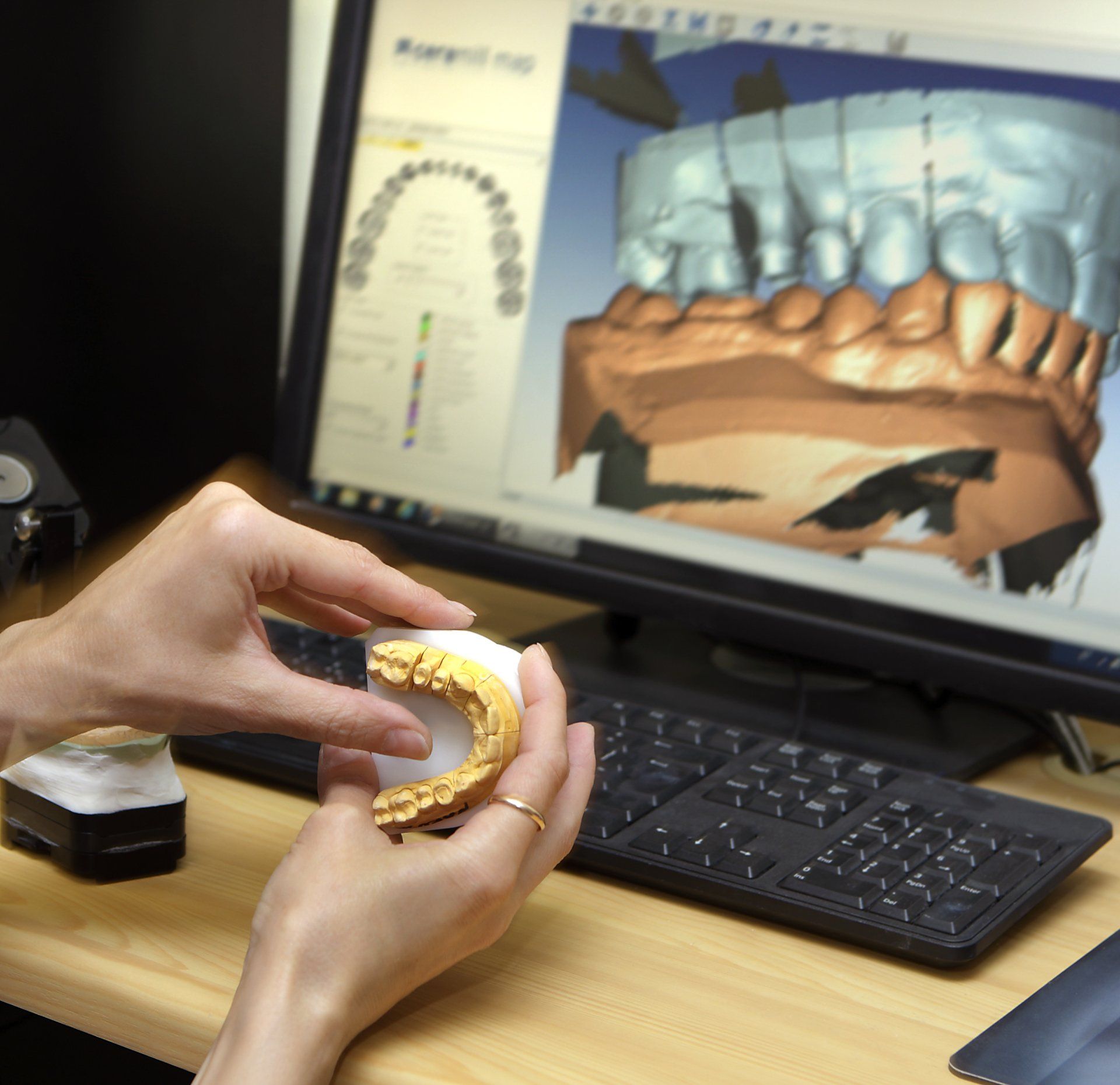
Exploring Dentistry!
February is National Children's Dental Health Month. This national health observance brings together thousands of dedicated professionals, healthcare providers, and educators to promote the benefits of good oral health to children, their caregivers, teachers, and many others. The field of dentistry is being influenced by STE(A)M-related technologies such as computer-aided design, augmented reality, and 3D printing.

Exploring Technology & Location!
technologies and methods are being applied in numerous occupations with STEAM-related careers. GIS extends students' investigations into the natural world, leveraging mapping, and analysis tools to better understand and explore the Earth. Students will explore these technologies and how they are used today.
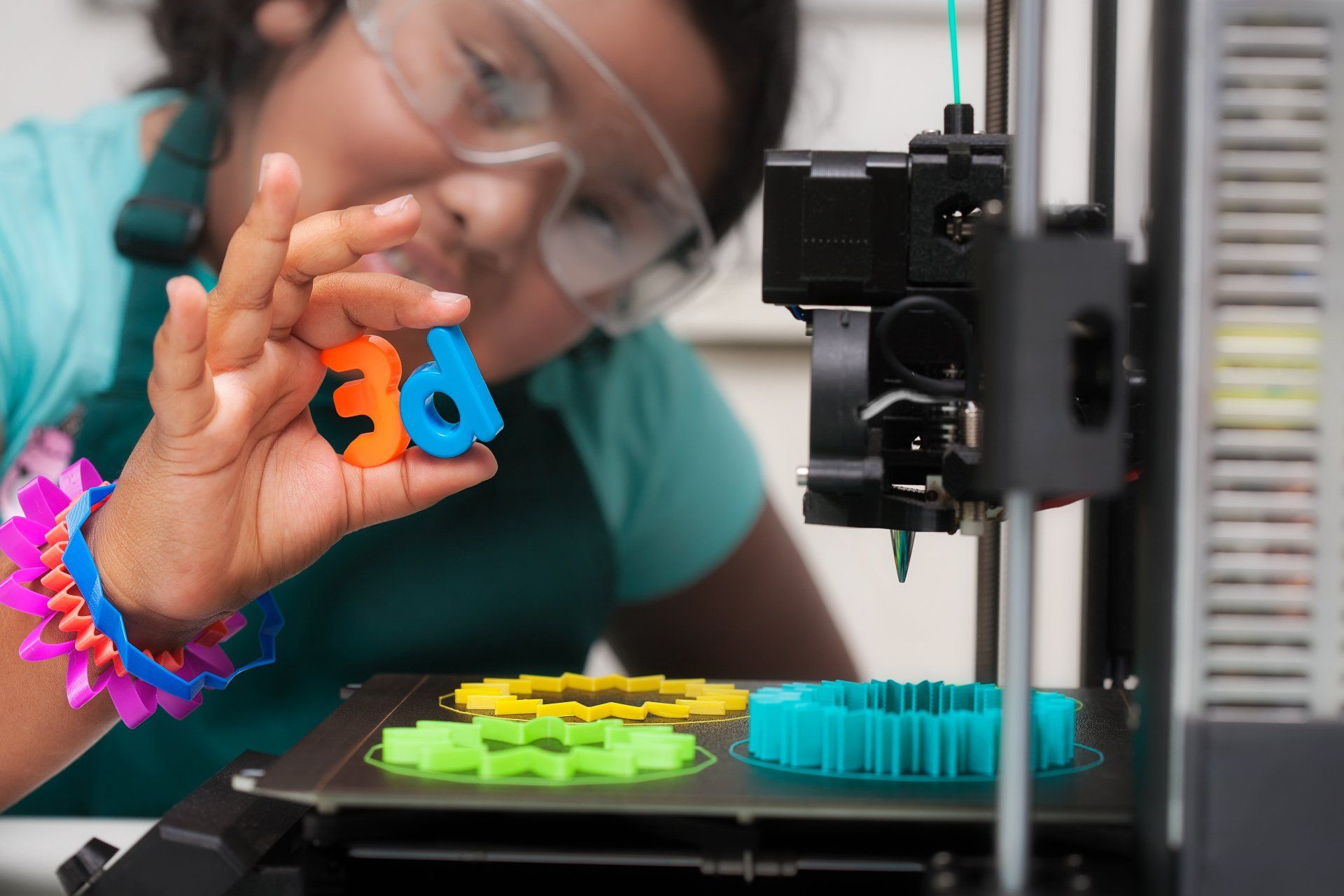
Exploring Digital Fabrication & Manufacturing!
Digital Fabrication & Manufacturing bridges skills at the cross-roads of design and technology. This emerging field is ideal for students who are deeply interested in new ways of ‘making’ or who want to learn new professional skills and technologies. This week students will explore 3D printing, CAD, other forms of cutting-edge engineering.
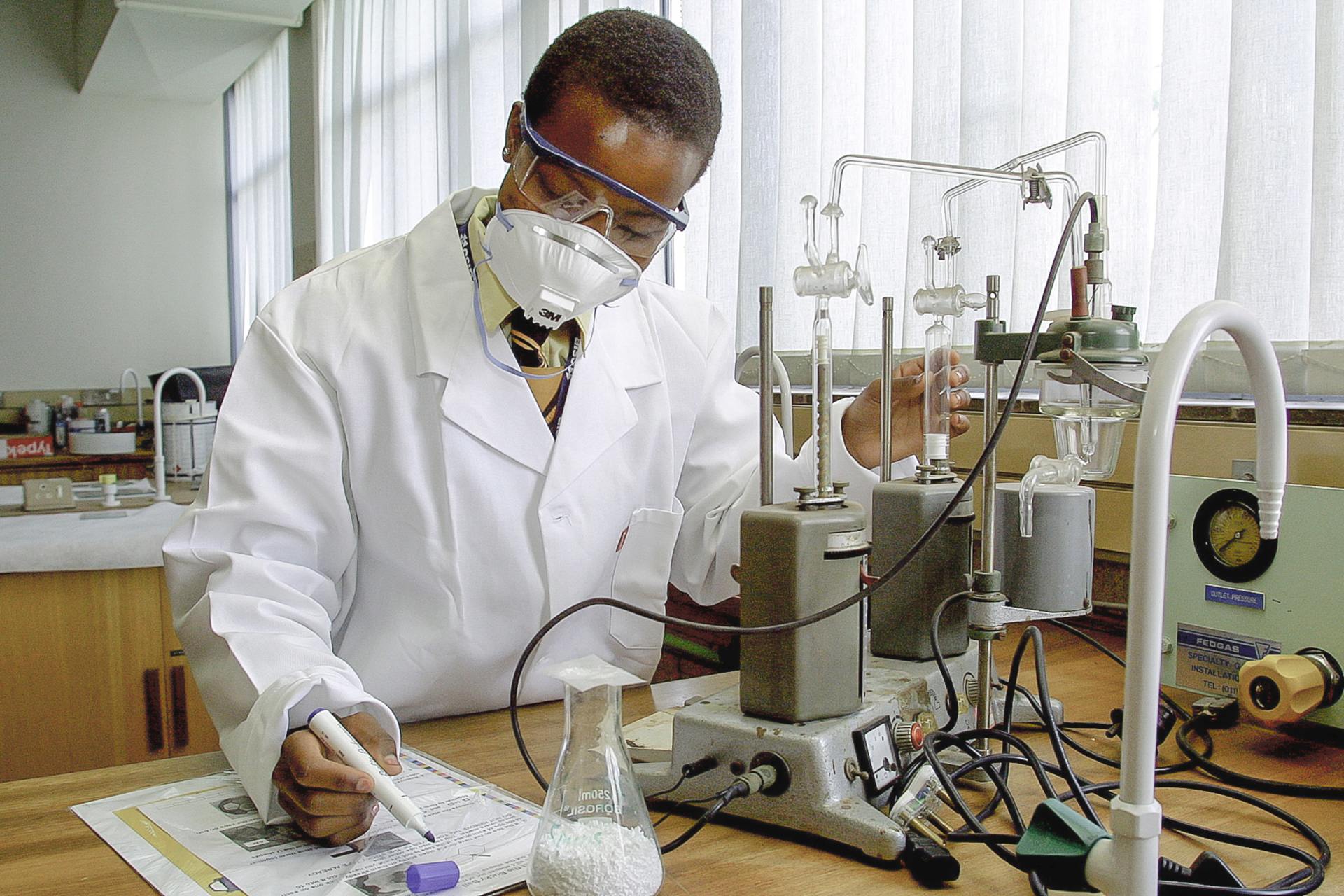
Exploring BioSTEM!
Bioengineering is a relatively new discipline that combines many aspects of traditional engineering fields such as chemical, electrical and mechanical engineering. Examples of bioengineering include artificial hips, knees and other joints. ultrasound, MRI, and other medical imaging techniques. This week students explore this emerging field and how it leverages the tools of engineering to create usable, tangible, economically-viable products.

Green Energy Explorations
Energy surrounds us, powering our homes and classrooms. It does more than just provide heat, light. and electricity; it fuels our vehicles, powers our computers, and prepares our food. Renewable energy is a vital issue affecting jobs, homes, food production and climate change. The world would not function without energy – and the importance of clean, affordable energy has never been more relevant. From its effects on climate to the natural disasters across the globe, clean energy has a profound impact on our lives. This week we’ll learn more about how energy is at the core of our daily lives.
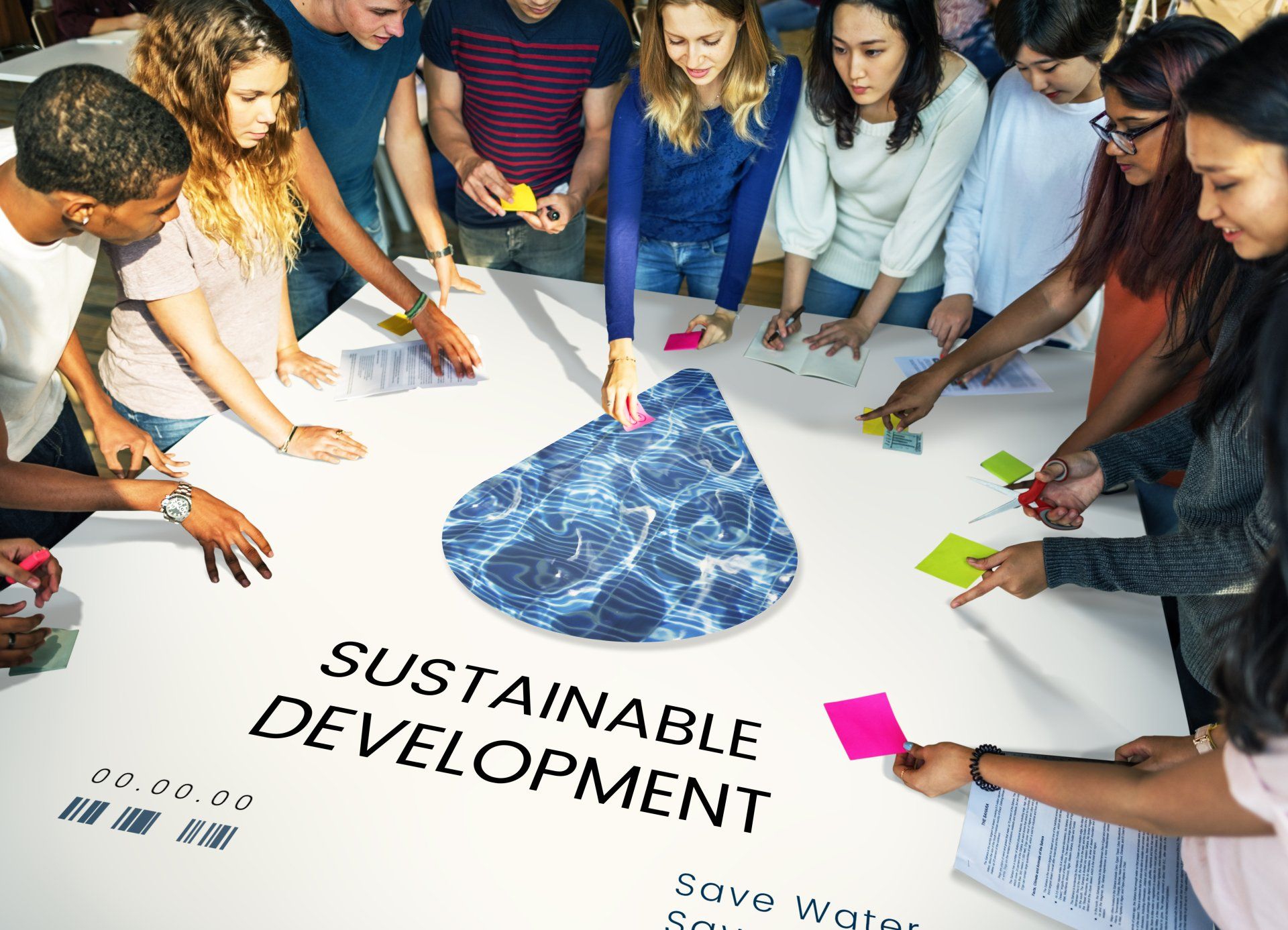
Ecology and Water Conservation
Environmental conservation protects wildlife and promotes biodiversity. Maintaining a healthy and functional ecosystem helps prevent the extinction of animal species. If the environment is destroyed, animals are forced out of their habitat, making it hard for them to survive. Water conservation also plays an important role in the protection of the environment. All living thing depend on water for their survival, so it is essential that we keep our water clean and pure, away from pollution, and protected. It also means that we must use our water supply wisely and responsibly. This week we learn how ecological conservation impacts our communities.

Agriculture and Food Sustainability
Agriculture plays a critical role in our survival for one simple reason – Everyone eats. Without food, humans could not survive, let alone thrive. With more than seven billion people on the planet, food must constantly be produced. However, food sustainability has become an issue as areas are over farmed and populations continue to grow. These challenges are at the forefront of agriculture. This week students learn about agriculture and food sustainability while practicing skills that will prepare them for diverse post-high school education and training!

Natural Disasters and Tennessee
Natural disasters are powerful, violent events that are outside the control of humans. They are caused by the forces of nature and may result in injury, loss of life, and damage to property. The best way to predict or tell when natural disasters will occur is to study ones that have already happened. This gives scientists important data about the events that precede disasters and helps the scientists understand the forces of nature that cause disasters. This week students learn what causes natural disasters and what safety steps to take if they ever find themselves in a natural disaster.

Computers and Data
This week we celebrate World Back-up Day on March 31st! We all know that computers store data, but did you know that it’s important to back-up that data? Computers are made of specialized parts that hold programs and information. These specialized parts can often be replaced or enhanced to change how a computer runs. Unlike the first electromagnetic binary computer, built 1936-38, took up an entire room and inspired future builders to advance computer designs . Today people still build their own computers from scratch! There are also advanced computers called super-computers that companies utilize to operate worldwide systems. This week, we’ll study how computers are made and explore the growing world of computer science!

A Healthy and Safe World
This week we celebrate World Health Day! April 7th is the 71st anniversary of the holiday that was initiated by the World Health Organization. While there is a wide variety of health needs in the world, this week, students will focus physical health and medicine and clean water. Our physical health impacts our ability to maintain our mental health and productivity. To be a constructive human, bettering the lives of others, we must take care of our bodies. Medicine is used as an intervention to support our physical health. Antibiotics, vaccines, and other medicines require science and technology to be created and help people stay well. Another requirement for a healthy and safe world is access to clean water. We all need water, but how do we get clean water? Water treatment plans, wells, rainwater, and more help to bring water to people. This week, we’ll study many ways to keep our bodies healthy and examine what can be done with collected rainwater!

Agriculture and Food Sustainability
This week we celebrate National Gardening Day! April 14th is a day dedicated to explore all about gardens! The benefits are gardening go beyond the product. Gardening provides physical activity and the opportunity to be in nature. You can grow many things in a garden, vegetables, fruits, or flowers, and there are many different types of gardens. Different types of gardens serve varied purposes. Some are relaxing, like bamboo gardens, some are decorative, like botanical gardens, some are functional, like labyrinths, and some are just cute, like fairy gardens. What would you like to grow? This week, we learn how to garden for our families and communities!
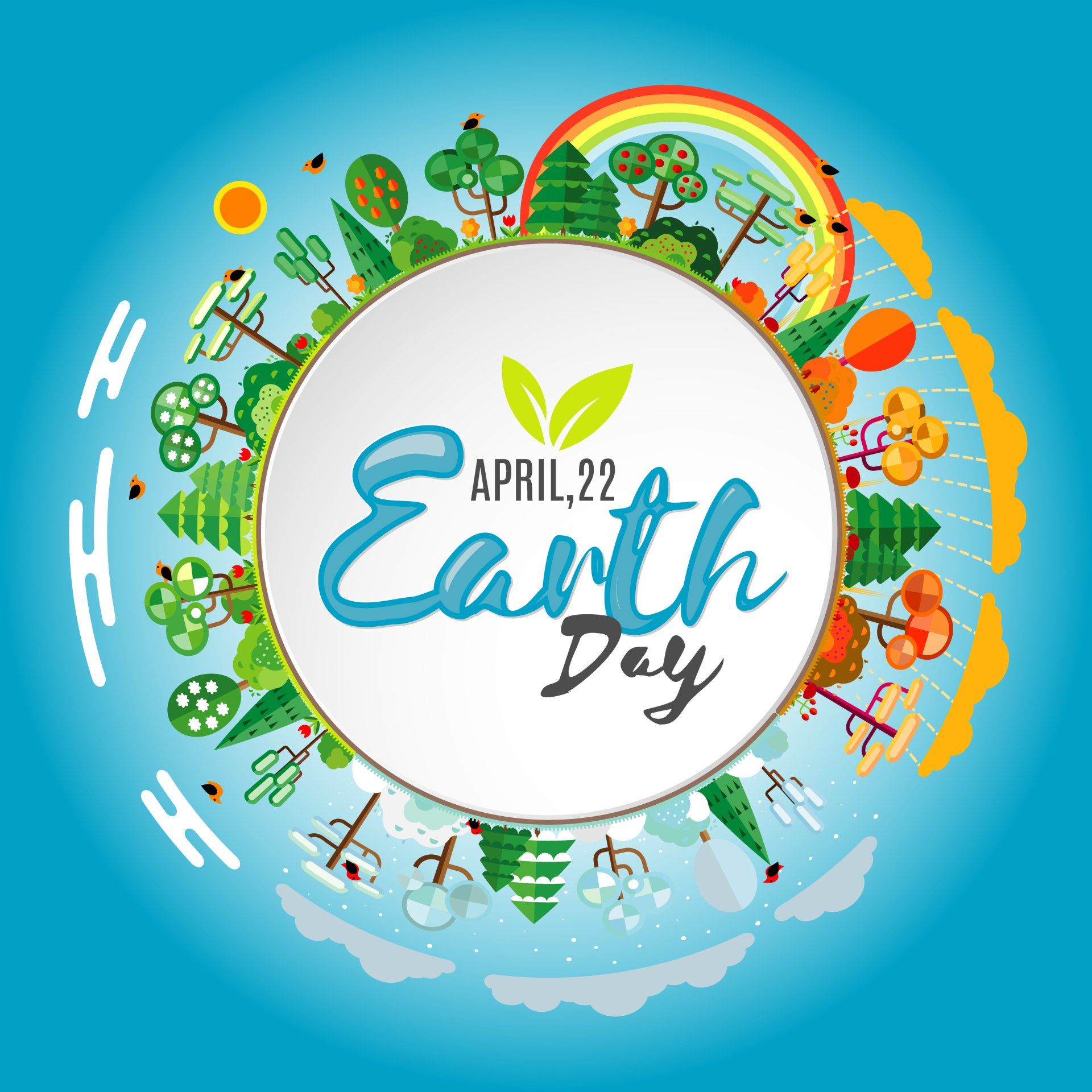
Exploring a Clean Earth!
This week we celebrate Earth Day! Earth Day, April 22nd, began in 1970 and currently engages over 190 countries. Earth Day is meant to drive meaningful action for the planet across many issues. It’s about more than simply cleaning the environment. The Earth Day Organization offers information on climate action, conservation and restoration, and plastics and pollution. But equally important, the Organization reaches out with science and education resources as well as community resources to turn information into action. This week, we learn about the different ways you can protect the Earth and celebrate the majesty of nature!
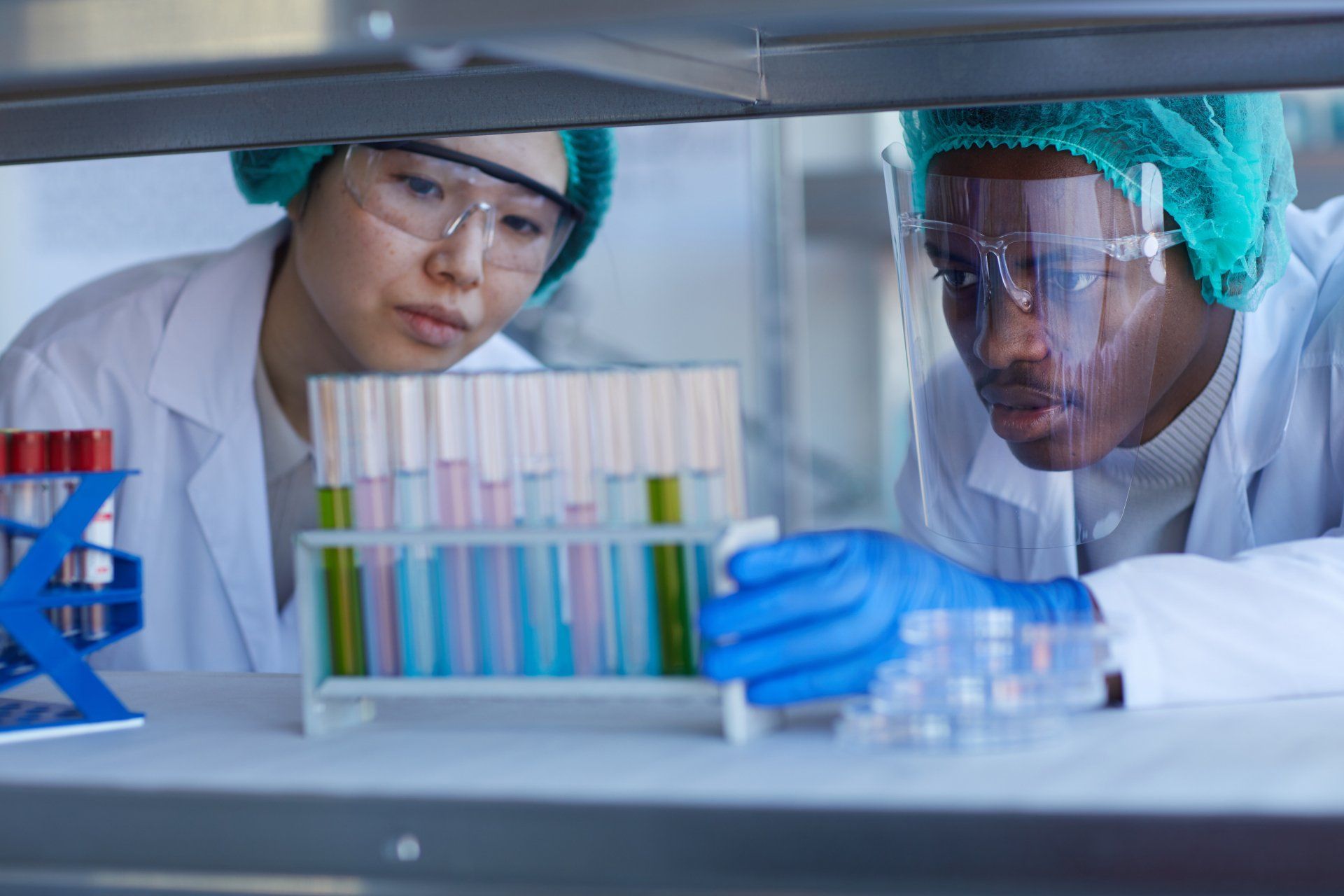
DNA: Past, Present, and Future
This week we celebrate National DNA Day! The National Human Genome Research Institute began celebrating DNA Day on April 25th0 to commemorate the discovery of DNA’s double helix in 1953 and the successful completion of the Human Genome Project in 2003. All living things are made up of DNA and understanding the make-up DNA helps scientists to understand illness, differences, cultural heritage, and more. This week, we’ll learn what DNA is made of and how studying it can reach the past, the present, and the future!

Be Kind to Animals Month!
This week we celebrate Be Kind to Animals Week! Our pets are special parts of our family bring joy and fill our hearts with love. The animals that make up our environment enhance our ecosystem and create wonder and excitement. Animals around the world are currently endangered and need the protection of people. Some ways we protect those animals is to study them both in zoos and their natural habitats. Many different jobs focus on animal wellness, animal protection, and expanding knowledge of the creatures around the world. This week, we’ll study how to care for pets, protect endangered wildlife, and explore animal related careers!

National Inventors Month!
This week we celebrate inventors! May is National Inventors Month! STEM fields encourage innovative thinking and inventions. Inventing with the engineering design process teaches us that problem solving begins with empathy and always comes back to reflection. Not every invention works the first time around, but inventors know that every failure provides them with more knowledge to try again. This week, we’ll examine great inventors, explore the engineering design process, and look at how inventors protect their ideas!
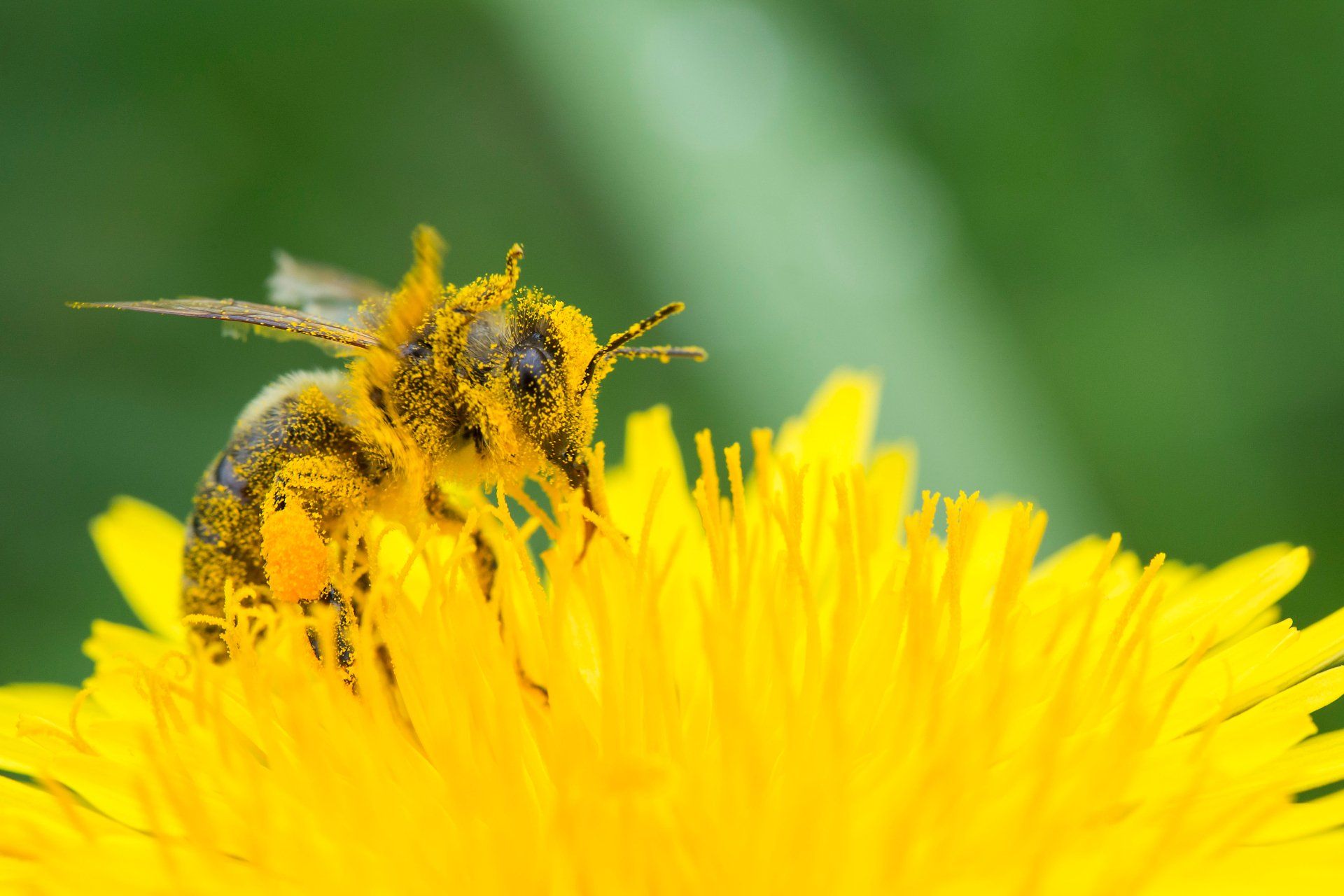
Spring: Pollen and Pollinators!
This week we investigate pollen and pollinators! Spring has sprung so what’s the buzz about pollen? Pollen is part of how plants make fruit and vegetables. You may see pollen coming off flowers or trees and dusting our bike or playground equipment with yellow powder. While there can be many different pollinators, including the weather and animals, bees are one of the main pollinators and extremely important to our environment. As you see bees this Spring, remember how important they are to making plants grow. This week, we learn all about pollen, plants, and pollinators!

Travel 101
This week we explore the way we travel! Technology has created new and fantastical ways for people to travel. We’ve come a long way from days of horse-drawn carriages and steamboats. Today, we can travel across oceans and continents in a day. This has given us access to cultures and information that previously would have been difficult to connect with. This week, we learn about evolution of travel, the people that make it possible, and explore our great planet!

